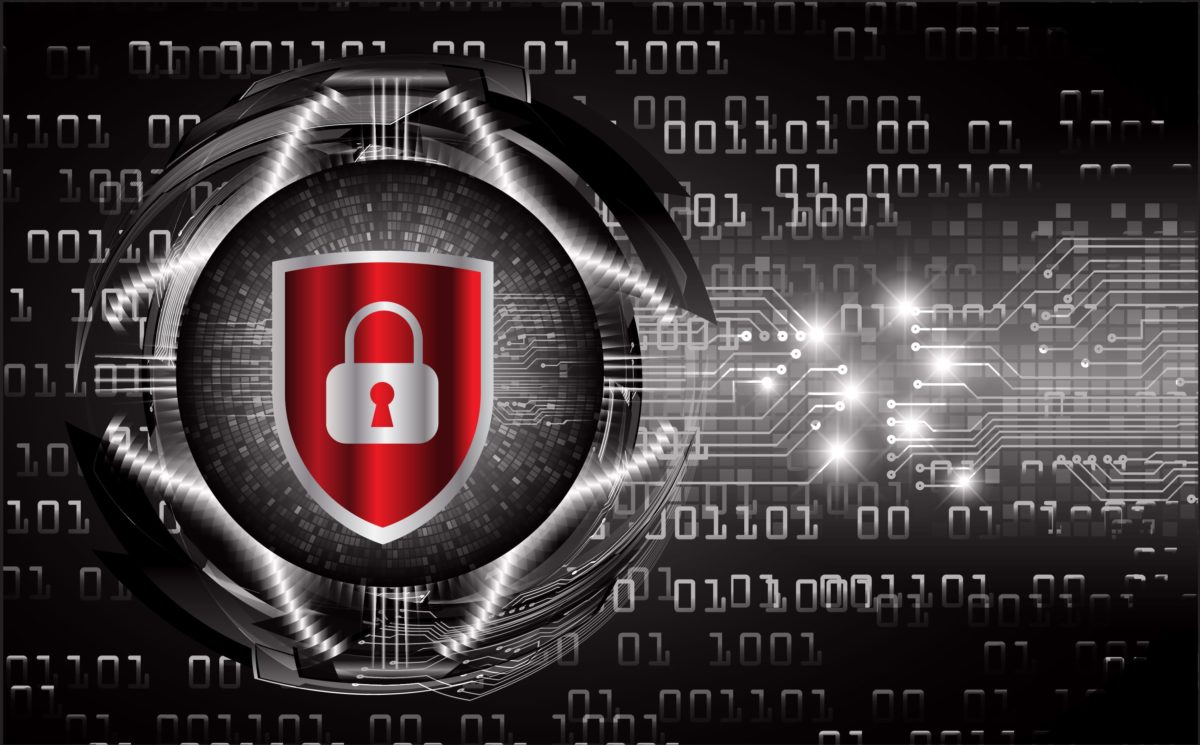
We are in the era of technology where cyber threats are highly prevalent. The theft of personally identifiable information (PII) has even greater consequences than that of material goods. The industry and business size don’t matter: every business is at risk of a cyber attack, and firefighting operations are no exception. Every operation must be protected with a custom-tailored Firefighter Cyber Liability Insurance program.
Why it Matters
How are firefighting operations at risk for cyber-attacks? There are many sensitive files containing valuable and personal information about members such as addresses, license numbers, Social Security numbers, and many other items that could pose a great risk if not properly protected. This information could allow hackers to obtain credit cards or order goods online in another person’s name, and could even be used to develop false identification.
Those who break confidentiality, even on accident, can be fined by the governing agencies and may encounter major lawsuits due to compromised patient information. This occurrence could cause a company to go bankrupt without proper coverage.
Take Precautions
It is extremely critical to remain conscious where and how you store any information. Here are some precaution tips:
- Never save passwords on computers and require that employees frequently change their passwords (always to something unique and difficult to guess).
- Monitor and store electronic backup files safely.
- All laptops should be confined and require a password to even unlock a home screen.
- Ensure confidential information kept on computers use strong encryption.
- Disposal of computer hardware should be done by removing the hard drive to preform a drive wipe (one that meets government standards) or physically destroy it.
Cyber threats impact all areas of a firefighting operation including volunteer, combination, career fire departments, and emergency service organizations. Often times, these departments conduct fundraisers and other community events that involve collecting credit card data from sponsors.
Financial data and Social Security numbers are kept for current and past members on computer networks. This information can easily be compromised.
When emergency service organizations transfer patients to a hospital or other facilities, they are constantly preparing patient documents with essential personal health information, including Social Security numbers, medical histories, and other sensitive information that must remain confidential and secure. If this data is compromised or breached, first responders are likely to be held responsible for the abuse of that information, even if the information slip occurs after the patient arrives to their final destination.
About Provident FirePlus
At Provident FirePlus, we offer custom tailored packages to best protect firefighters and volunteer firefighters. We understand the risks that emergency response teams are subjected to on a daily basis, and have worked to serve these dedicated professionals for over 87 years. For more information about our products and policies, we invite you to contact our experts today at (855) 201-8880.

